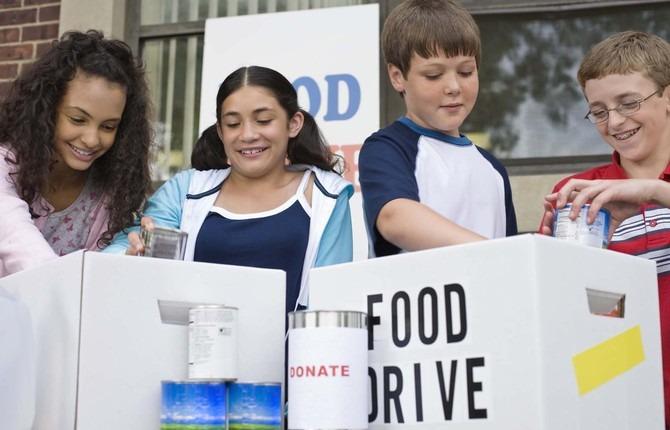
Too old for summer camp? Try a service project
It’s finally happened. The kids are no longer excited about summer camp. They may be complaining that camp is for little kids or that none of their friends are going. We parents may agree, but still want our kids to have a summer with some structure.
Thankfully there are alternatives. One in particular can be incredibly beneficial to adolescents. That is the summer of service.
You may have heard of “service learning.” It’s a current buzzword in education. The idea is that students will engage in a service project as part of the regular curriculum and reflect on what they learn as it relates to a class or classes. More and more service learning is popping up in classrooms around the country, particularly at the high school and college level.
Instead of sending your older teen to summer camp, a service project can give their summer structure and engage the mind in an experience that might be different from how they learn during the regular school year.
In addition, your son or daughter starts to develop marketable skills. Even volunteer roles that seem simple, such as selling concessions, emptying trash cans at a local music festival, or sorting donated goods at a food bank require elements of working on a team, following directions, and using math skills in the real world. Volunteer work can be added to a resume and discussed as examples of experience during job interviews.
Depending on the service project, your child may have the added benefit of moving in new circles and meeting people from different walks of life. You just never know when an experience will lead your son or daughter to a career choice they had never thought of, a network connection that someday might result in a great internship or job, or even simply a chance to shine on his or her own.
So, how can you get started?
Decide. This seems simple, but sometimes talking to teens feels complicated, right? What if instead of arguing about whether or not he or she heads to camp, you were able to ask: What would you like to do instead? Engage in a conversation where you each lay several options on the table.
If your teen wants to relax and hang out with friends, you can negotiate how he or she will manage time over the summer as you select a service experience. The first step is initiating the conversation and putting it on the table as an alternative to summer camp.
Next comes the exciting part: selecting a project. You can choose an organization that already offers work to volunteers, such as a residential home for the elderly, homeless shelter, or library. Residential communities for the elderly may have volunteers come in to read, help residents use the computer, or share other skill sets. Homeless shelters take volunteers to help sort donations, serve food, or again, help with computer skills. Your public library may be a great place to volunteer. Shelving books, reading to kids, helping patrons locate specific media, or even tutoring for family literacy programs are all possibilities.
Another resource is the United Way. They can help connect you with projects going on in the summer in your community.
Check out what’s going on in your community. Research local online calendars for festivals or concerts that will need volunteers, then visit their websites for more details. Remember that even though an event may be scheduled for just one day, sometimes volunteers are needed weeks in advance.
Finally, one more possibility is to create your own service project. Does your son or daughter have a cause he or she feels passionate about? Encourage research on the presence of a group in your community that supports a cause in which your child expresses interest. Then talk about ways to get involved. How can he or she use a current skill set to support a cause? What new skills can be learned?
Document the service. Once the service work has started, it’s important to document the experience. This can be a written journal, or even an audio or video log. When it’s time to refer to these service experiences in an interview or on a college entrance essay, the details will have already been captured. Encourage your teen to record what they do, how they do it, and what they are learning. This will help them recall the service experience in greater detail in the future.
Keeping notes on the service experience can also turn a simple volunteer post into a high-level service learning activity. When we take the time to reflect through writing, we can start to make connections between the experience and our prior knowledge. When a young person has a moment of “ooooo…this is why it’s important to know how to use fractions” something incredible happens and they just may get excited about learning. And in that case, bravo parents, for encouraging a summer well spent.
Sara Marchessault is the former owner of a summer camp for middle school girls and author of Beyond Pen and Paper: 33 Experiments in Journaling. When she isn’t playing with her own kids, Sara is a writer, publisher,







